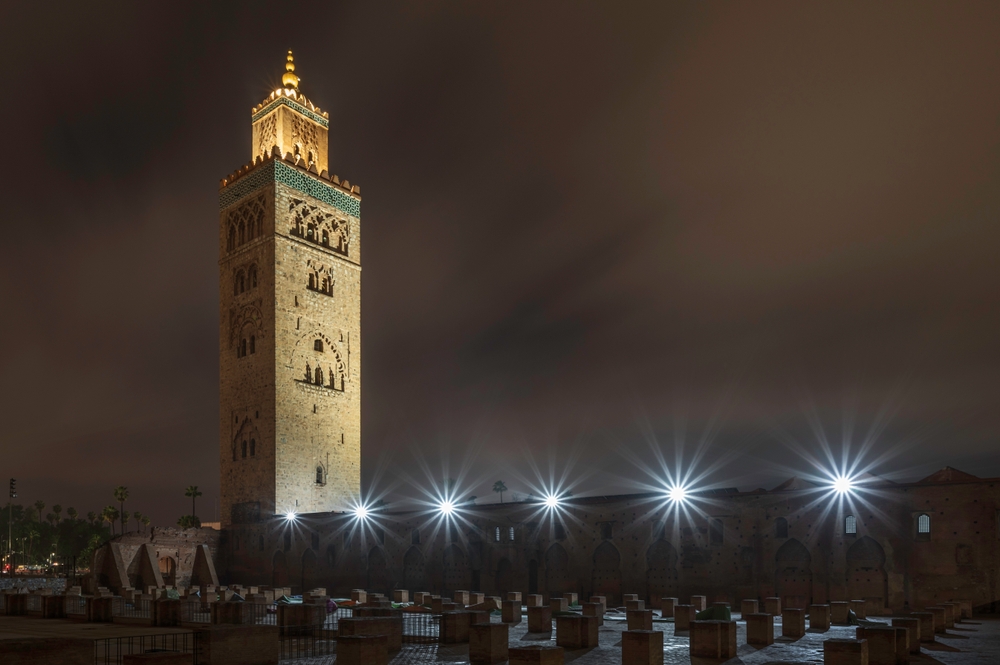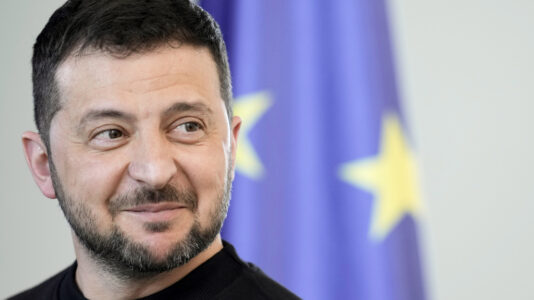The German federal government has been questioned over its decision to spend over €8 million of taxpayers’ money on improving energy efficiency in four Moroccan mosques.
From 2015 to 2021, the government in Berlin, through the Society for International Cooperation (GIZ), allocated €8.09 million for projects primarily focused on installing LED lighting, solar systems, and photovoltaic panels in Islamic places of worship across Morocco.
The initiative has sparked controversy, particularly among members of the Alternative for Germany (AfD) party, who have raised questions about the appropriateness of such spending. Its parliamentary faction subsequently submitted questions to the relevant governmental department demanding an explanation of how the money was spent.
In its official response, the federal government said the initiative was part of a wider program promoting German development cooperation in Morocco, including the “promotion of employment through energy efficiency and renewable energies in mosques.”
Much of the funds was used to provide technical advice and support to local businesses and specialists in the fields of energy efficiency and renewable energies.
Other measures adopted during the initiative included “support in the implementation of training courses for imams and teachers in mosques to raise awareness of the possible benefits of energy efficiency and renewable energy,” according to the government’s official response.
The vast majority of the funds — €5.9 million — was spent on the “deployment of specialists” with just €404,000 spent on the actual material goods. Other costs included financing, administrative overheads, and taxes.
The decision to invest taxpayer money in foreign religious institutions has raised eyebrows with critics also arguing that such funds should be allocated to domestic energy efficiency programs instead of foreign entities.
The AfD parliamentary group also questioned why the LED lamps installed in the mosques were manufactured by Tadmamt, a French company, rather than using German-made materials.
The Berlin government insisted the initiative was well received by the local population and no misuse of funds was reported.






